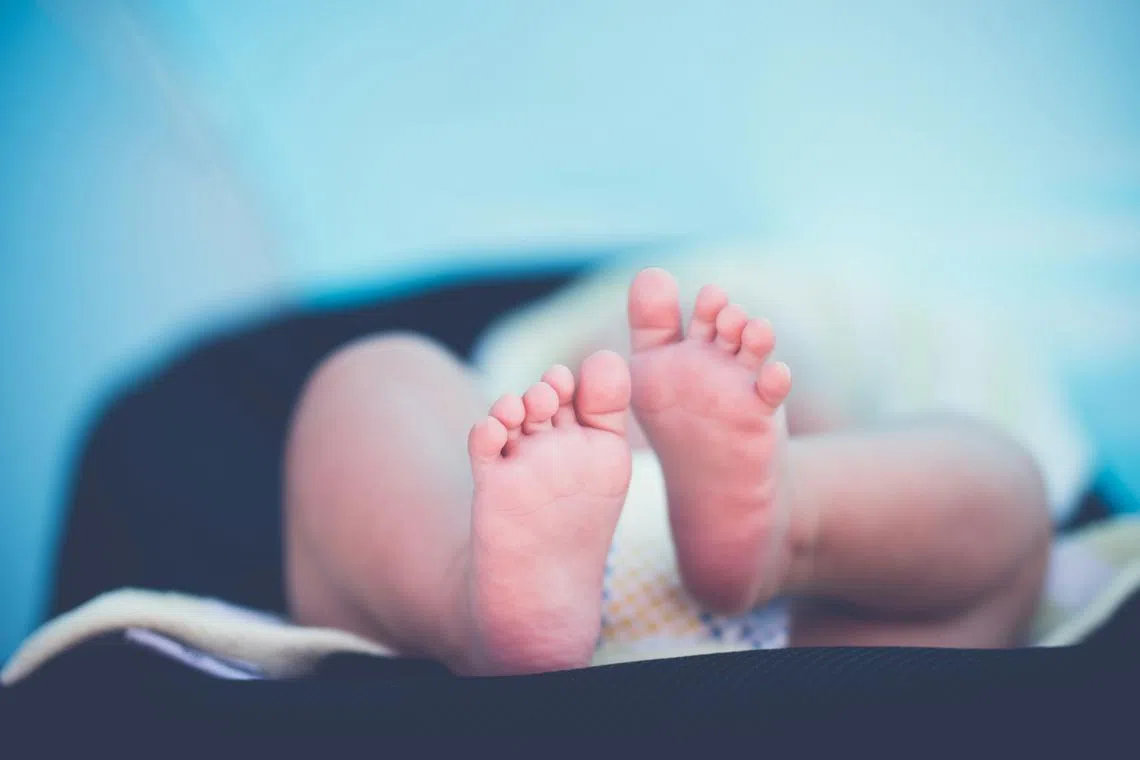Hong Kong court allows woman’s female partner to be registered as child’s parent in IVF case
Sign up now: Get insights on Asia's fast-moving developments

As Hong Kong does not recognise same-sex marriages, the two women in the case were married and underwent reciprocal in vitro fertilisation in South Africa.
PHOTO ILLUSTRATION: UNSPLASH
Follow topic:
Hong Kong - A Hong Kong judge on Sept 9 ruled in favour of a lesbian woman who sought to have her partner registered as a “parent” on the birth certificate of their child born via reciprocal IVF.
Reciprocal in vitro fertilisation (RIVF) allows two women to share in the process of childbearing – one woman’s egg, fertilised externally with the aid of a sperm donor, is transferred to the other who carries the pregnancy to term.
The couple, who were granted anonymity by the court, had already won a 2023 legal bid so that the woman initially denied legal status was recognised as a “parent at common law”.
The judge ruled at the time that the city’s family laws were a form of discrimination.
However, the Department of Justice refused to re-register the birth, with officials saying there was “no legal basis whatsoever” for the change – prompting the couple to sue the government again.
On Sept 9 High Court judge Russell Coleman ruled not having both women listed on the birth certificate would “seriously interfere” with the child’s rights.
He cited the example of administrators seeking a parent’s decision in urgent medical treatment.
The absence of official registration for one of the women “will at least likely cause real doubt as to whether she is a parent within the family unit”, he said.
The child would experience “some inconvenience, embarrassment, and potential harm to his dignity” as a result, he added.
The judge asked both sides to make further arguments as to the remedy and to come up with a timetable.
The court had recognised that the child’s rights to equal protection were infringed and such a declaration was “helpful”, the couple told AFP in a statement.
RIVF was introduced in the late 2000s and can now be performed without restriction in more than a dozen European countries, according to an academic survey.
As Hong Kong does not recognise same-sex marriages, the two women in the case were married and underwent RIVF in South Africa. AFP

